Smelling Stinky During Your Period? Here's What You Need to Know
Keeping it Clean During Your Period
When Auntie Flo knocks on your door or breaks down your door let’s be honest… she brings a whole lot of baggage with her. She may not be your favorite aunt and her visits might put you in an irritable tailspin, but nothing compares to the sheer excitement and joy when she finally packs up and leaves!
But we have to think realistically and most importantly, strategically. During the amount of time it takes for Aunt Flow to make a hot mess of our space and push us to our wit’s end—how do we, well, to be frank, make her act right?
Plan her visit
Know what to expect and start tracking when Aunt Flo comes into town. If there’s one thing for sure it’s that she’s consistent. By using a good old-fashioned calendar or a widely-recognized app to track her visits then you can start preparing for her hot mess express.
If she just so happens to drop by unexpectedly a couple of times before her week-long stay then be prepared for that too by having your menstrual period products on stand-by. This is also effective for when your friends visit and they find themselves in a similar precarious predicament.
Keep it 100% cotton
Healthy State says that reaching for organic 100% cotton tampons means you’re selecting a clean product that abides by the Environmental Protection Agency’s (EPA) organic farming standards. Forge those chemical dyes and artificial fragrances, organic tampons don’t come from pesticide-treated crops and are also allergy and environmentally friendly.
Wash those hands!
By now we should all be experts on washing our hands and probably a lot more conscious of germs and bacteria. Be mindful of the state of your hands when you’re inserting or placing your feminine hygiene products into position.
You could be introducing a surreal amount of uninvited bacteria into your already delicate ecosystem down yonder. Just to be safe wash your hands before and after you start handling your pad, tampon, or menstrual cup. You can use a natural feminine safe soap for your hands, menstrual cup and vaginal area.
Stay away from artificial scents
According to Healthy Women, “artificially scented and fragrant powders, soaps, wipes, gels, and other products are full of chemicals that can irritate everything down there.” A little odor is totally to be expected and most likely unnoticeable by anyone other than yourself.
There are tons of feminine hygiene products on the market that try to capitalize on this idea of needing to cover up your natural smell with artificial perfumey scents. These products range from tampons, pads, wipes, to toilet paper. Although they might be a quick solution—they could impact your healthy vagina’s pH causing problems for later down the line.
Make sure to grab naturally scented feminine hygiene products.
But still, what do I do about the smell?
If your thoughts are getting the best of you it might be beneficial to consider showering once in the morning and once before bed. You can take this time to clean your vulva and the rest of your body with a natural skincare product that’ll keep you clean and out of harm’s way—free of parabens, aluminum, artificial scents, and more.
If you don’t have the time to shower twice a day and after your workout, opt for an all-organic feminine cleansing spray that’ll provide some freshness. Note that an all-organic cleansing spray is fragranced with natural scents and not by manufactured artificial scents that are damaging.
Safe for all ages and intimate areas.
On the Go | pH Balanced | Gentle Wash
This multi purpose feminine vaginal cleansing spray is made for sensitive skin for on-the-go clean up and odor control. Scented with a natural essential oil blend of Lavender & Tea Tree.
Safe for all skin types and ages, head to toe.
Foaming | ph Balanced | Gentle Clean
Gentle intimate pH balanced body wash for sensitive areas. Safe for sensitive skin and intimate areas to cleanse, reduce odor and balance pH.
Best for sensitive areas.
Odor & Moisture Control | Whole Body Deodorant | Prevents Chafing
Body deodorant and dusting powder for odor & moisture control for boob sweat, stinky pits and thigh chafing.
3.2 oz net wt. Jar comes with a flip-top lid and a free powder puff applicator.
You’re more susceptible
The Pavilion for Women, associated with Texas Children’s Hospital, wants to remind you that you can definitely still get pregnant while you’re on your period and “you’re more likely to get a sexually transmitted infection (STI) or pelvic inflammatory disease as consequence because the cervix is slightly dilated.”
While it’s important to remember that your period does not prevent pregnancies or STI’s, neglecting your period hygiene could increase your chances of getting a pelvic inflammatory disease. “PID is an infection caused by bacteria,” reports MedlinePlus. “When bacteria from the vagina or cervix travel to your womb, fallopian tubes, or ovaries, they can cause an infection.”
This is why you should wash your hands, wash and rinse your vagina, and change your tampon, pad, or cup as often as possible.
Why change is good
The FDA recommends that you change your tampon every 4 to 8 hours and determine the lowest absorbency that you need because “if you can wear one tampon up to eight hours without changing it, the absorbency may be too high.”
The reason why you should change your tampon often? Toxic shock syndrome is responsible for “organ damage (including kidney, heart, and liver failure), shock, and even death.”
Although the FDA reports that the number of TSS cases have shrunk exponentially, your chances for contracting the rare disease increase when you use a higher absorbency tampon than you need and wear it for longer than 8 hours.
Don’t think this only pertains to tampon use because bacteria can build from other period hygiene products too. Teens Health reports, “changing your pad every 3 to 4 hours (more if your period is heavy) is good hygiene and helps prevent bad odors.”
One of the silver linings of investing in a menstrual cup includes its volume capabilities. The absolute longest you can go without changing your cup is 12 hours according to Healthline. Depending on the volume of blood, you’ll most likely be changing it sooner. Again, infection is rare, but “when infection does occur, it’s more likely to result from the bacteria on your hands and transferred to the cup than from the actual cup.”
Final thoughts
Now with Aunt Flo under control, you can pay more attention to your other guest—Mother Nature. Take the time to be amazed at the divine inter-working of your body. Women bleed non-stop for roughly a week without skipping a beat in their day-to-day lives. When you start to feel bogged down by the maintenance of having to entertain your chaotic and grubby Aunt Flo, remember that she’s there for a greater purpose just like all of us.
If you treat her nicely, maybe she’ll be nice back.
References:
Chaney, Patricia. “Organic vs. Synthetic Tampons: Should You Splurge?” Healthy State. May 2, 2018. Accessed July 17, 2020. https://www.myhealthystate.org/organic-vs-synthetic-tampons-should-you-splurge/
United States Environmental Protection Agency. “Organic Farming.” Accessed July 17, 2020. https://www.epa.gov/agriculture/organic-farming
Feintuch, Stacey. “Mistakes You’re Making During Your Period.” Healthy Women. Feb 21, 2017. Accessed July 16, 2020. https://www.healthywomen.org/content/article/mistakes-youre-making-during-your-period
Wiener, Codi Dawn. “Do you make any of these 7 menstrual hygiene mistakes?” Texas Children’s Hospital - Pavilion for Women. Accessed July 18, 2020. https://women.texaschildrens.org/blog/do-you-make-any-these-7-menstrual-hygiene-mistakes
Medline Plus. “Pelvic inflammatory disease (PID).” Accessed July 16, 2020. https://medlineplus.gov/ency/article/000888.htm
Food and Drug Administration (FDA). “The Facts on Tampons—and How to Use Them Safely.” Accessed July 18, 2020. https://www.fda.gov/consumers/consumer-updates/facts-tampons-and-how-use-them-safely
Hirsch, Larissa. “Can I Wear the Same Pad All Day?” Teens Health. July 2018. Accessed July 16, 2020. https://kidshealth.org/en/teens/changing-pads.html
Healthline. “Are Menstrual Cups Dangerous? 17 Things to Know About Safe Use.” Accessed July 18, 2020. https://www.healthline.com/health/menstrual-cup-dangers#how-to-safely-use-a-cup
Share this moody guide with your friends!
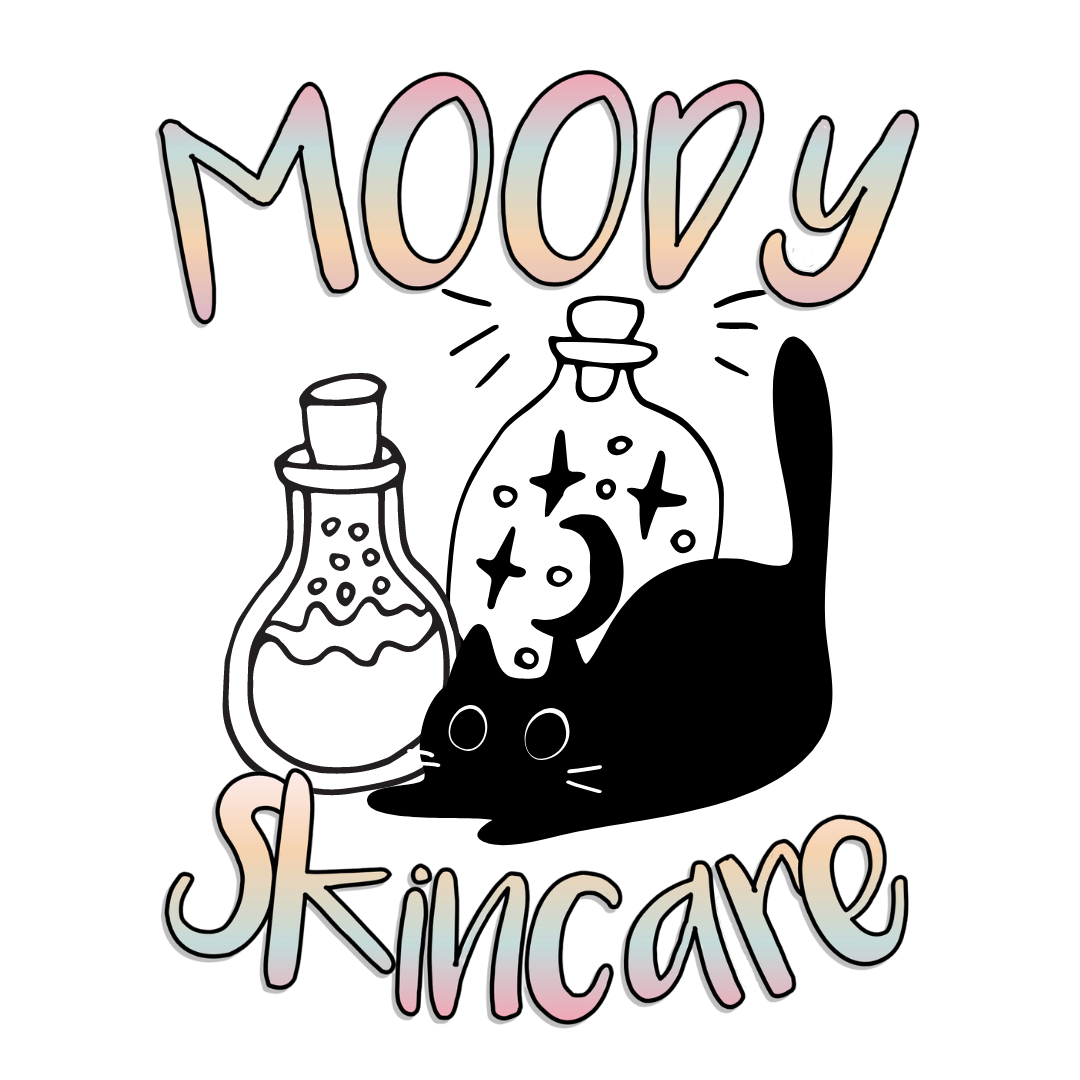
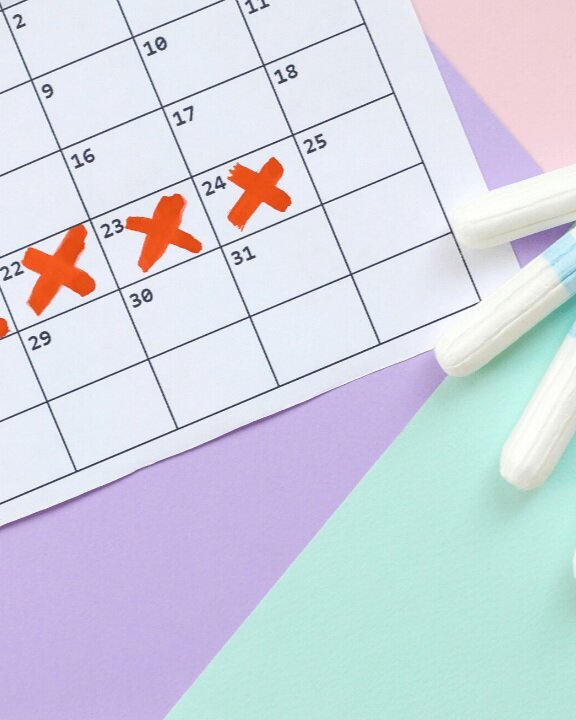
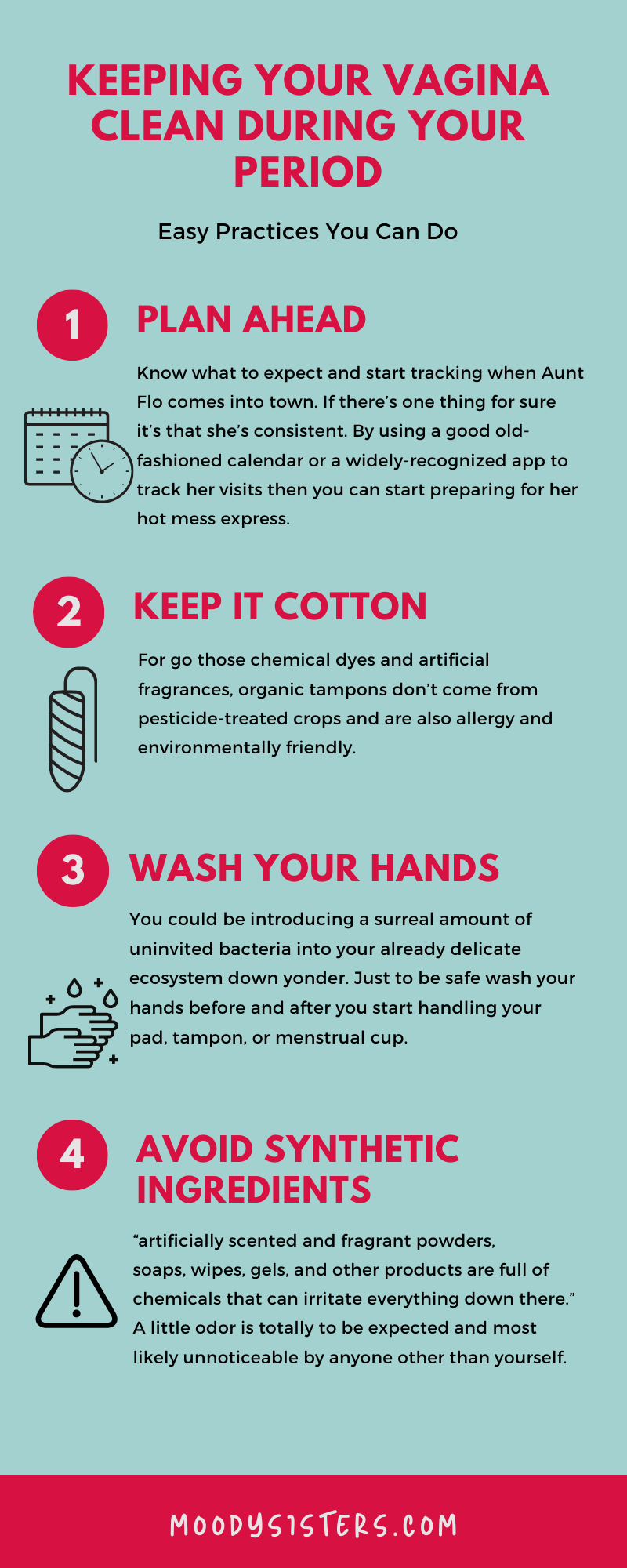



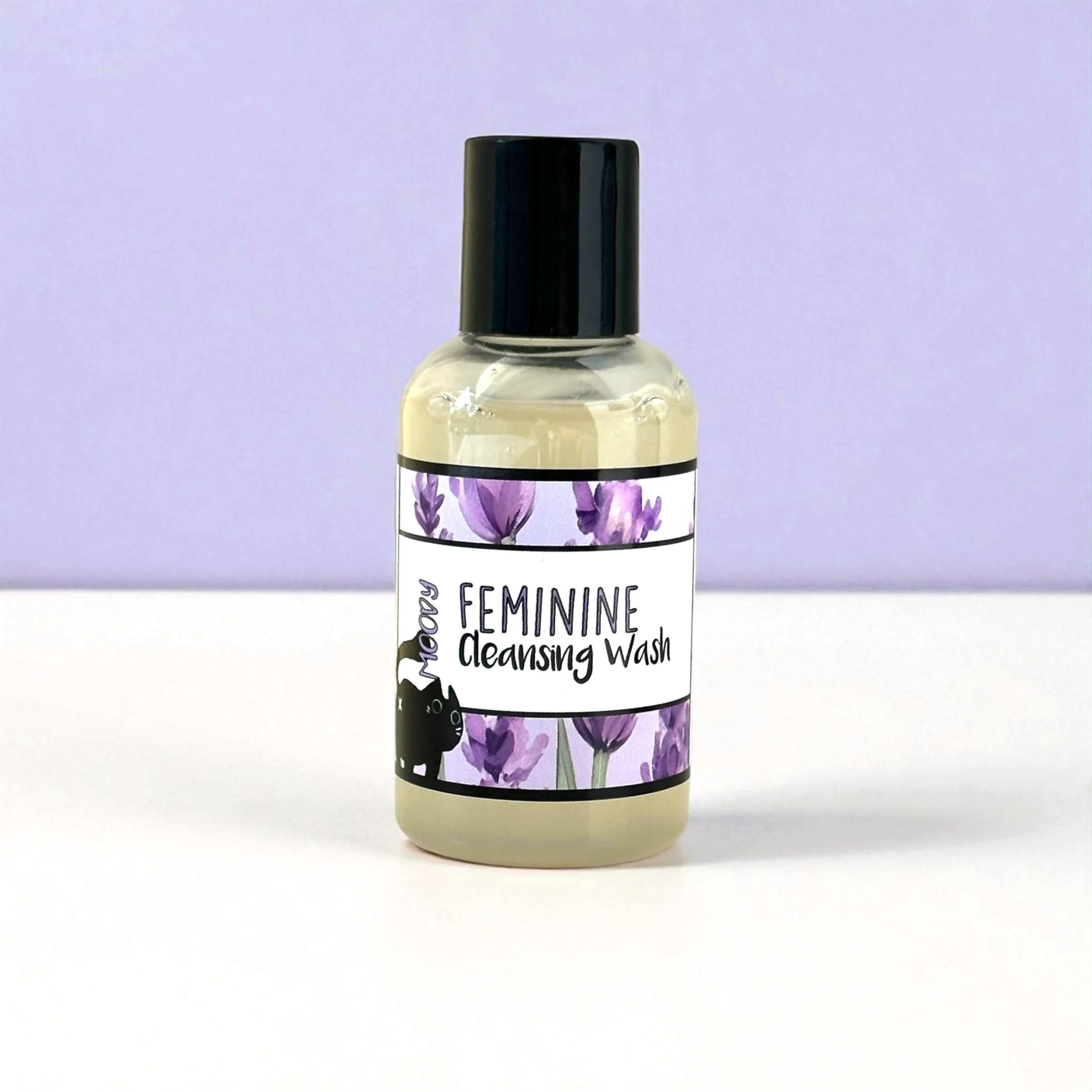
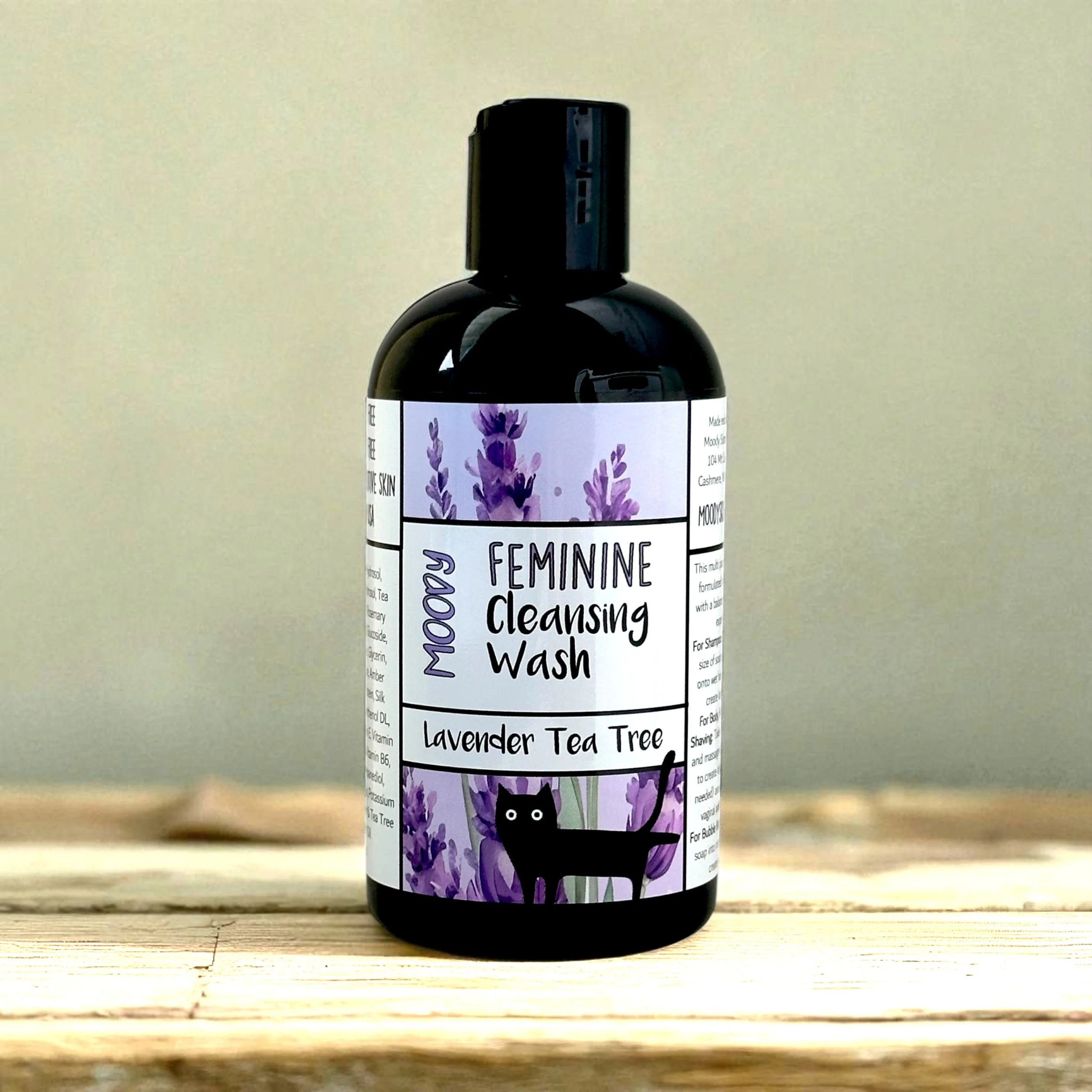
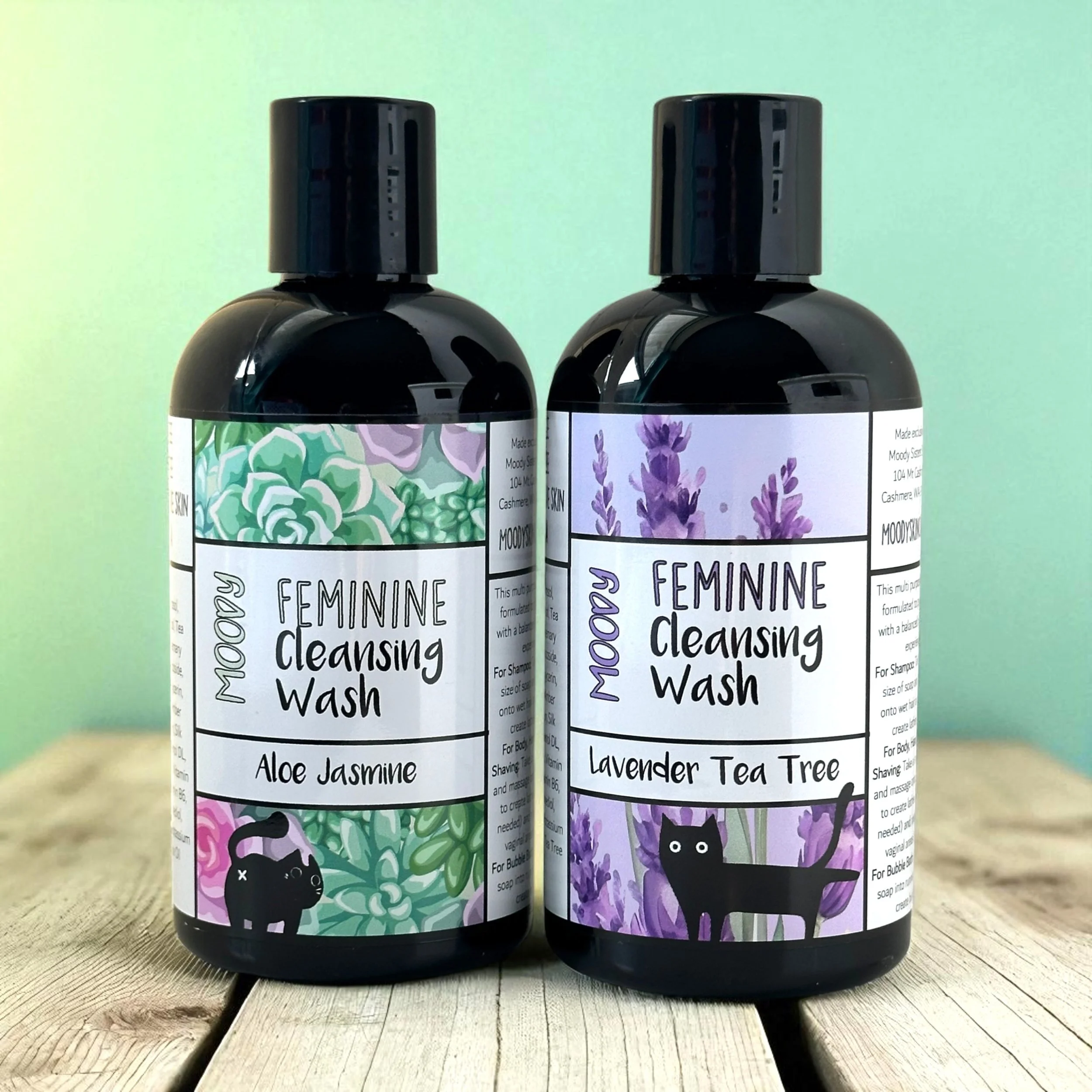


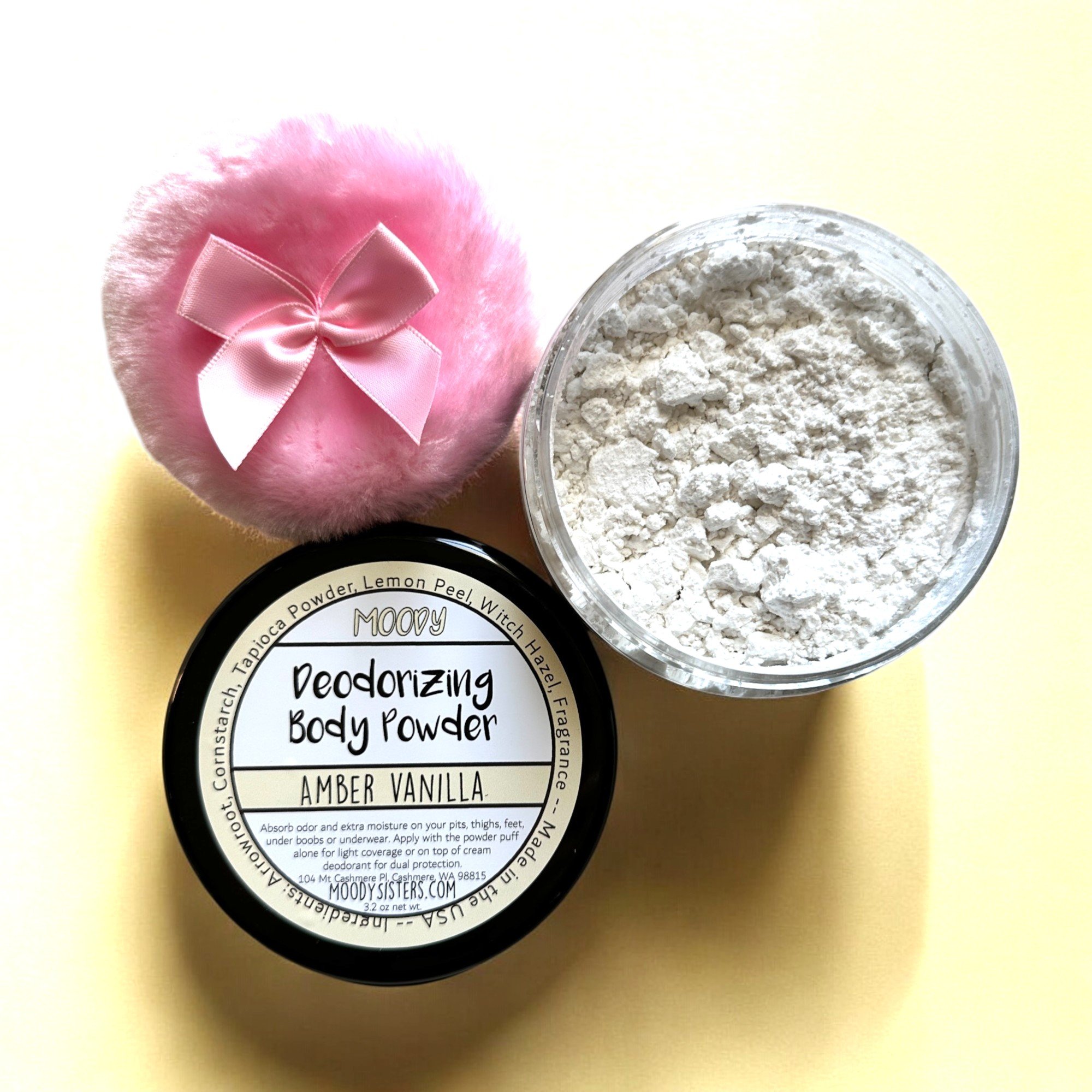



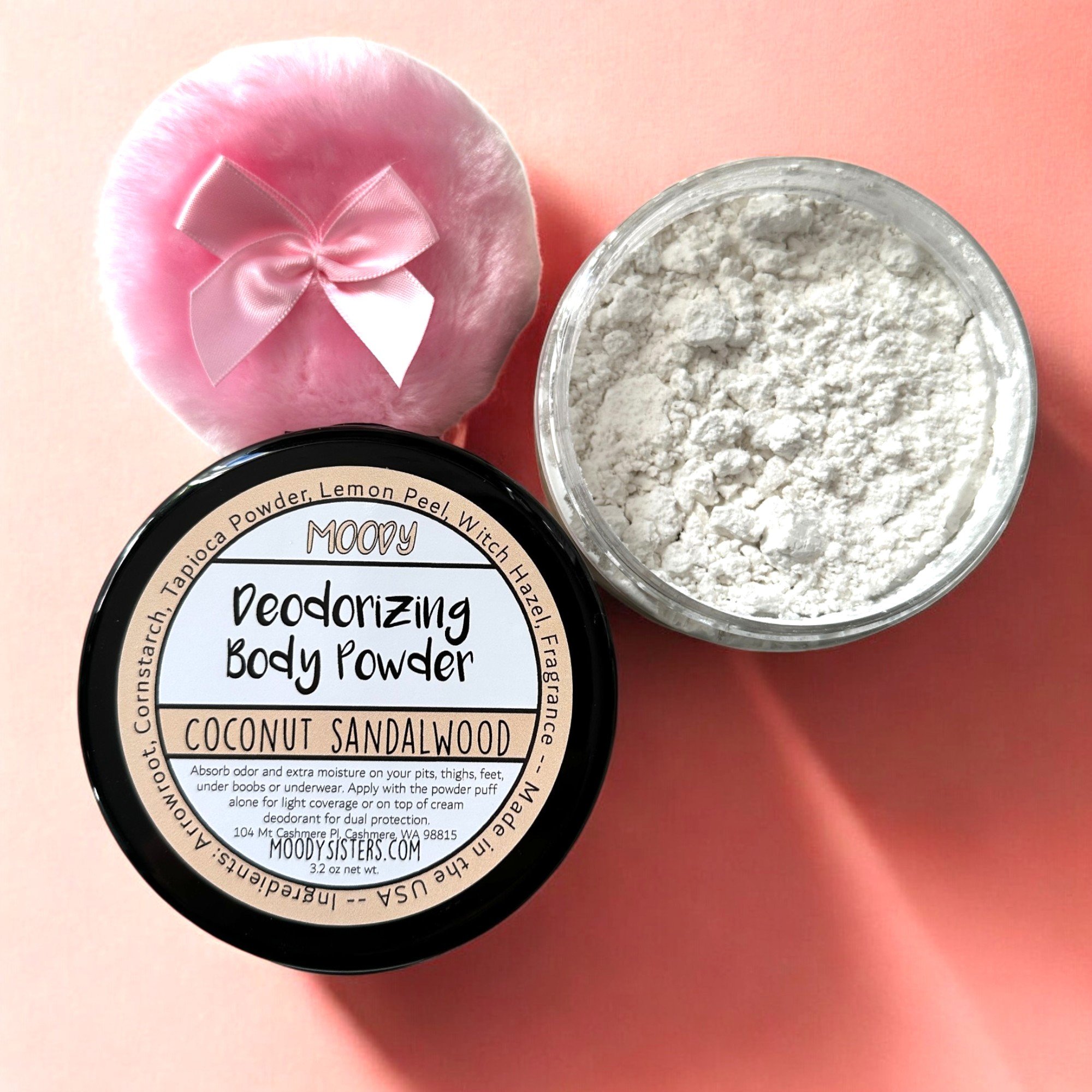








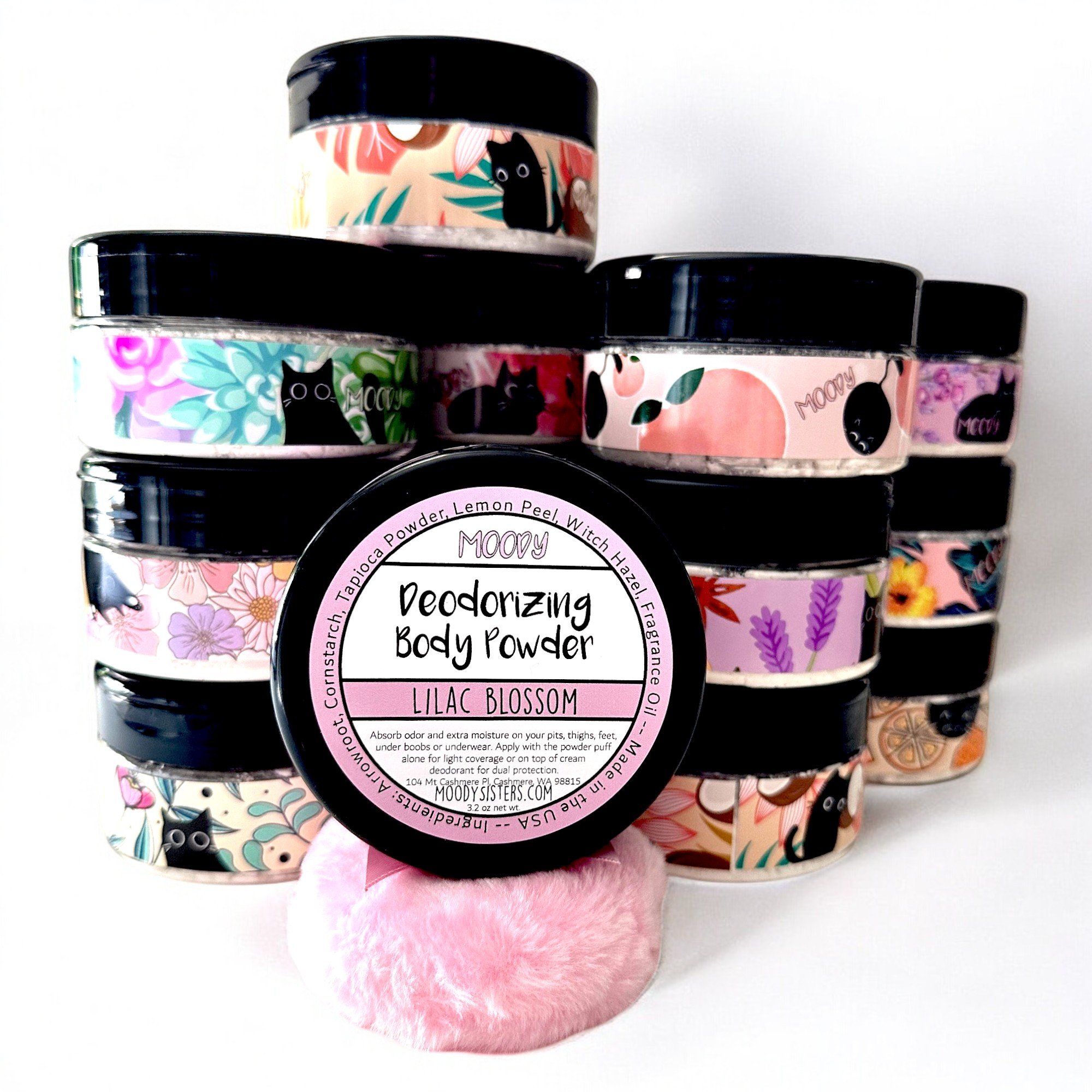




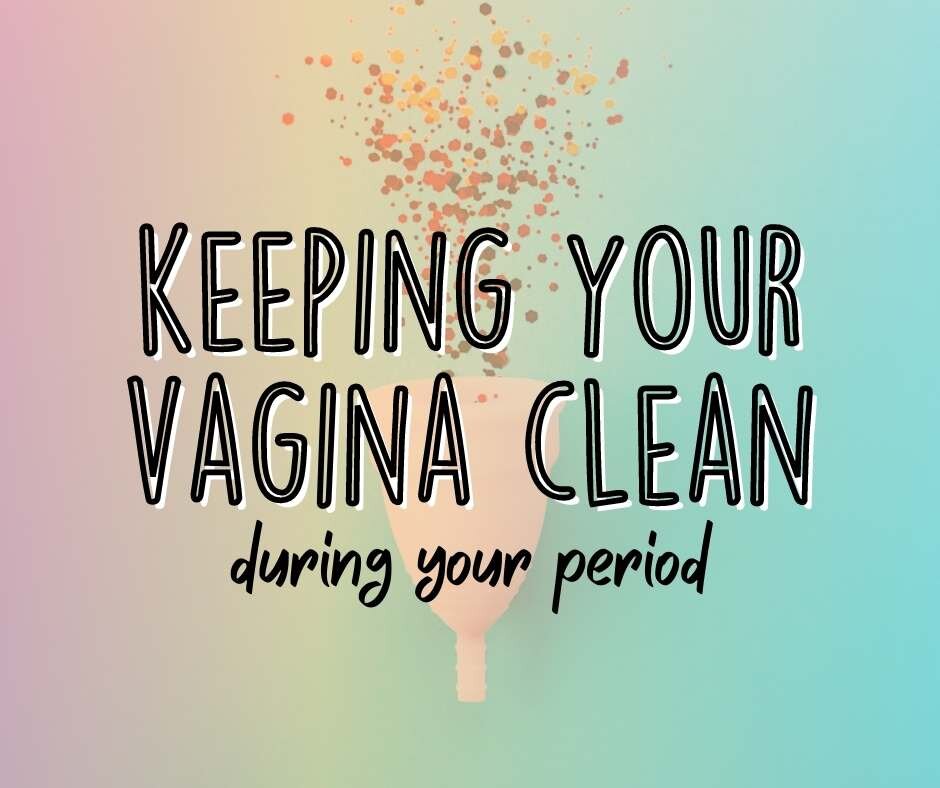



We're here to tell you all you need to know about the vagina - including the do’s and don’ts of washing it.